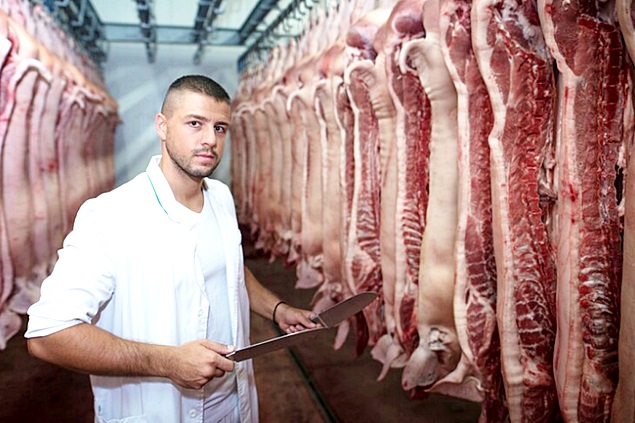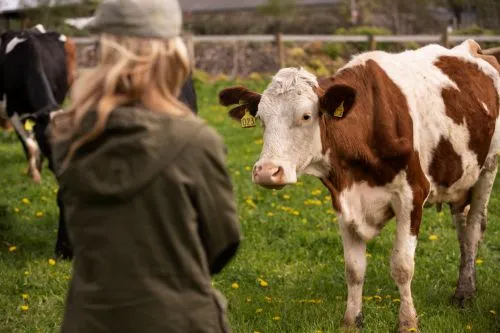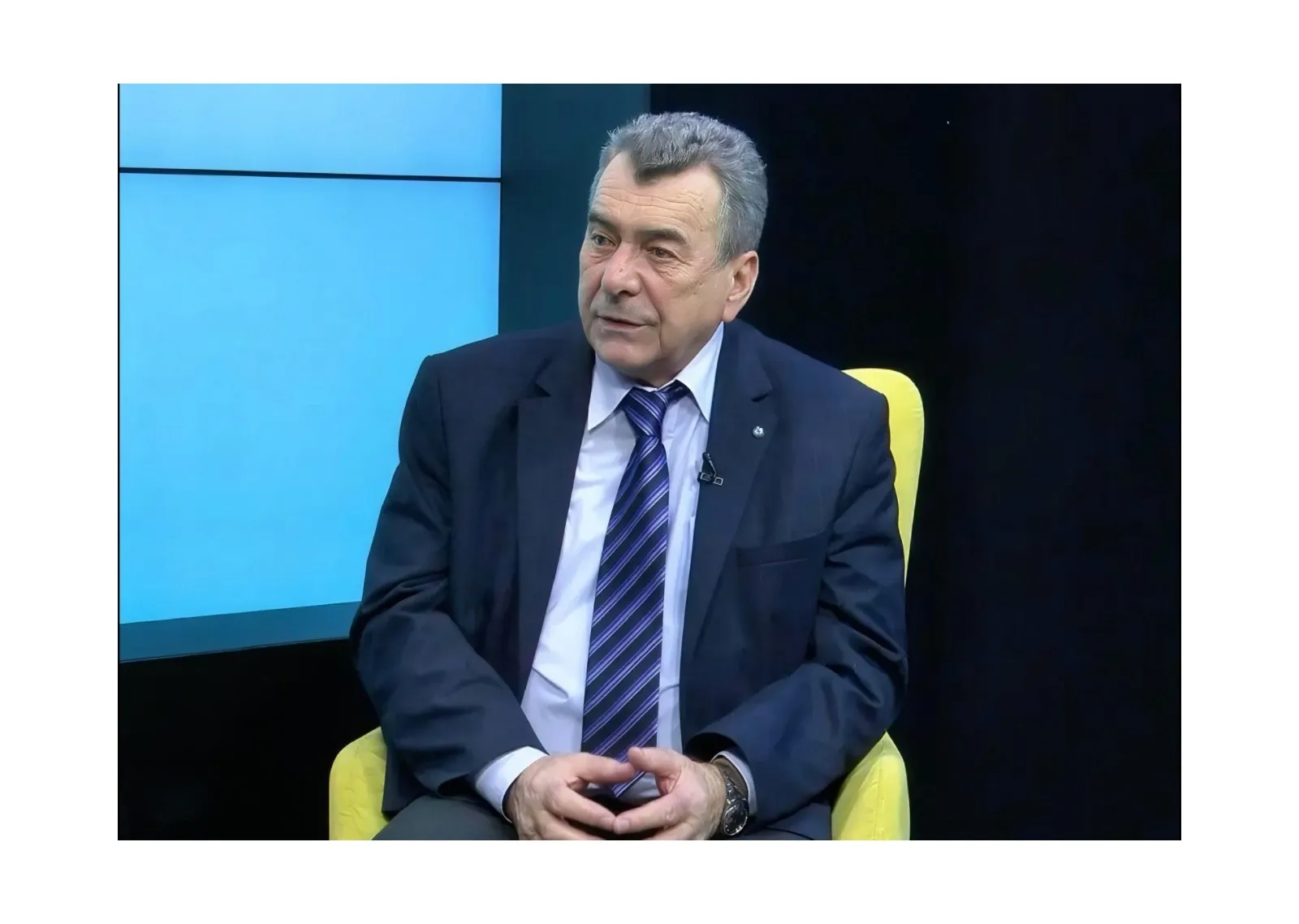1459

In accordance with the latest quarterly report from Rabobank on pork, the steady gains in production, combined with weaker consumption, continue to exert pressure on pork markets and global trade. Although there are challenges related to productivity and uncertainties regarding consumption trends, the industry is benefiting from lower feed costs, improved animal health, and increased productivity.
The report indicates that after the challenges in 2022 and 2023, several key growing regions seem to be turning a corner. While disease pressure is still an issue in some regions, overall herd health has improved.
In a press release, the bank's Senior Animal Protein Analyst, Christine McCracken, stated, 'A renewed focus on cost reduction, considering the inflationary pressures resulting in the elimination of less productive operations, also contributes to a recovery in production per sow. Although this improvement is a welcome trend and reduces costs, additional production exacerbates regional surplus and weighs on the market.'
At the same time, the reduction in breeding stock in most geographical areas outside of Europe and South Korea is slow, despite continued margin pressure and limited optimism for a quick recovery in global trade, the bank said.
Feed prices improve
Corn and soy prices declined in the third quarter of 2023, as a good North American harvest helped replenish stocks, and expectations for a large South American harvest emerged, the bank wrote.
Consumers are adapting to inflationary pressures, yet pork remains a staple food, and overall consumption trends remain stable. However, packaging types and sales channels continue to change. McCracken commented:
'With consumers still cautious, especially in light of growing geopolitical uncertainty, we expect a continued focus on cost reduction. Pork consumption should benefit from the high cost of competing proteins and from more consumers cooking at home.'
McCracken concluded, 'In the last quarter of 2023, we expect global trade to remain slow, given large stocks, relatively high domestic production, and low pork prices in key importing regions. Rising pork prices in the EU may also limit export volumes.' Here's the forecast by geographical areas.
North America
For North America, increased productivity will boost short-term production and keep pork markets under pressure, Rabobank expects. Herd contraction remains slow, supported by lower-cost feed.
Brazil
For Brazil, Rabobank expects the industry to benefit from a 26% year-on-year decrease in feed costs. Pork is expected to maintain competitiveness against other proteins with higher costs in both domestic and export markets in the fourth quarter.
Europe
Pork production in the European Union (27 countries) and the UK has dropped sharply, Rabobank reported. In the first 7 months of 2023, it would decrease by 8.6% year-on-year. In Germany, the breeding stock has contracted by 2% in June 2023 compared to December 2022.
A year earlier, the contraction was 12% in the same period. The contraction of the breeding stock is expected to slow down, the bank expects, due to improved producer margins. Exports remain weak due to relatively high prices and weaker global economies.
China
Pork prices have been volatile, but are expected to remain steady in the fourth quarter. The bank writes, 'Looking into 2024, we expect prices to modestly increase compared to 2023 levels, as supply is likely to remain tight due to recent herd liquidation, while consumption will continue to show ongoing improvement.
'Imports are expected to be slow in the fourth quarter due to ample stocks and weak demand, Rabobank wrote.
Southeast Asia
Vietnamese pork prices are declining due to temporary supply increases caused by outbreaks of ASF, but are expected to rise in the fourth quarter. Interestingly, Rabobank also emphasizes 'pork smuggling across the border in Vietnam,' which would also weigh on the market. The recovery of the herd in the Philippines is slow due to ongoing diseases and concerns about inflation.
Japan
Domestic pork production has declined and begun to rise, the bank says. Pork and chicken consumption remained stable in the third quarter, 'as consumers continue to gravitate towards these low-protein options.' Chilled product imports are expected to increase in the fourth quarter of 2023.





